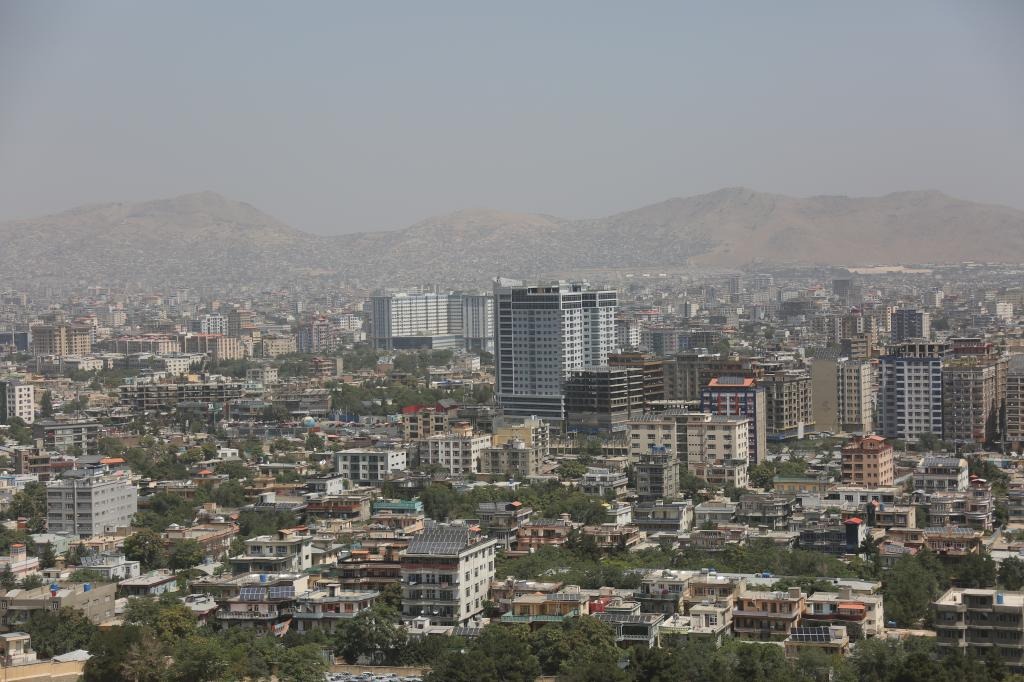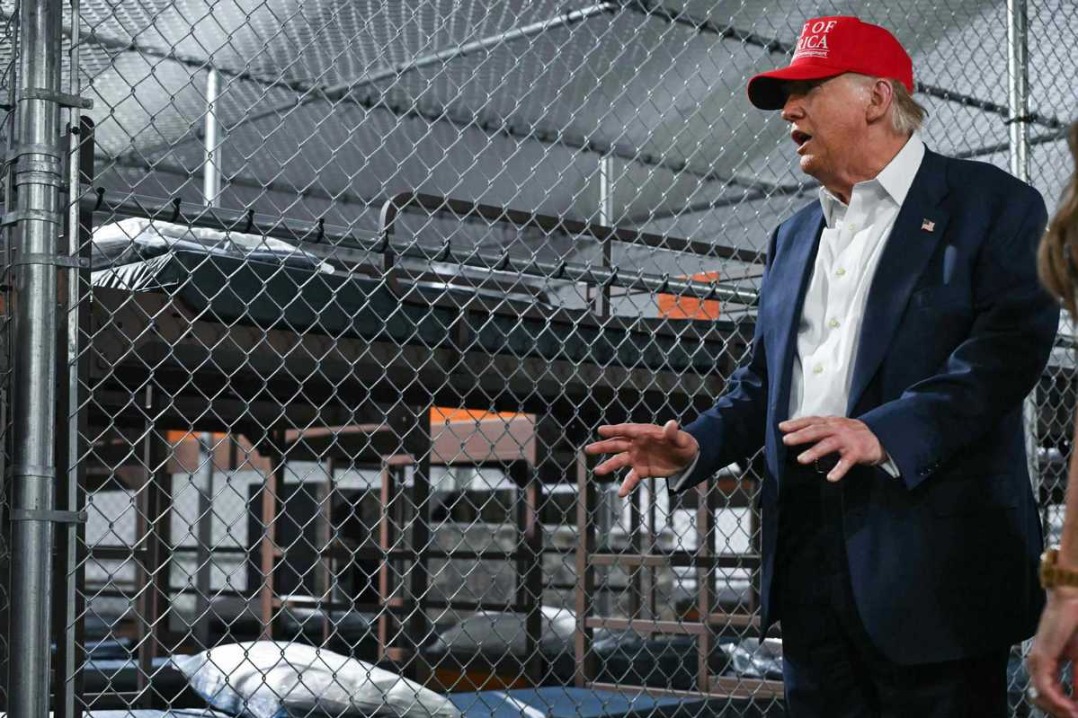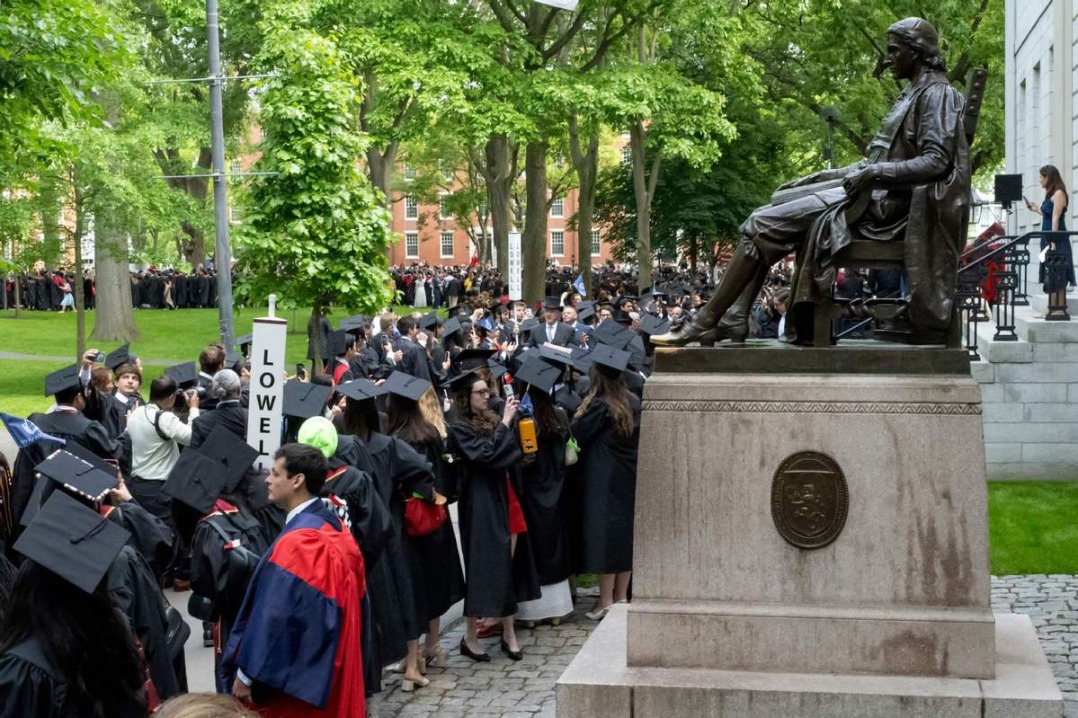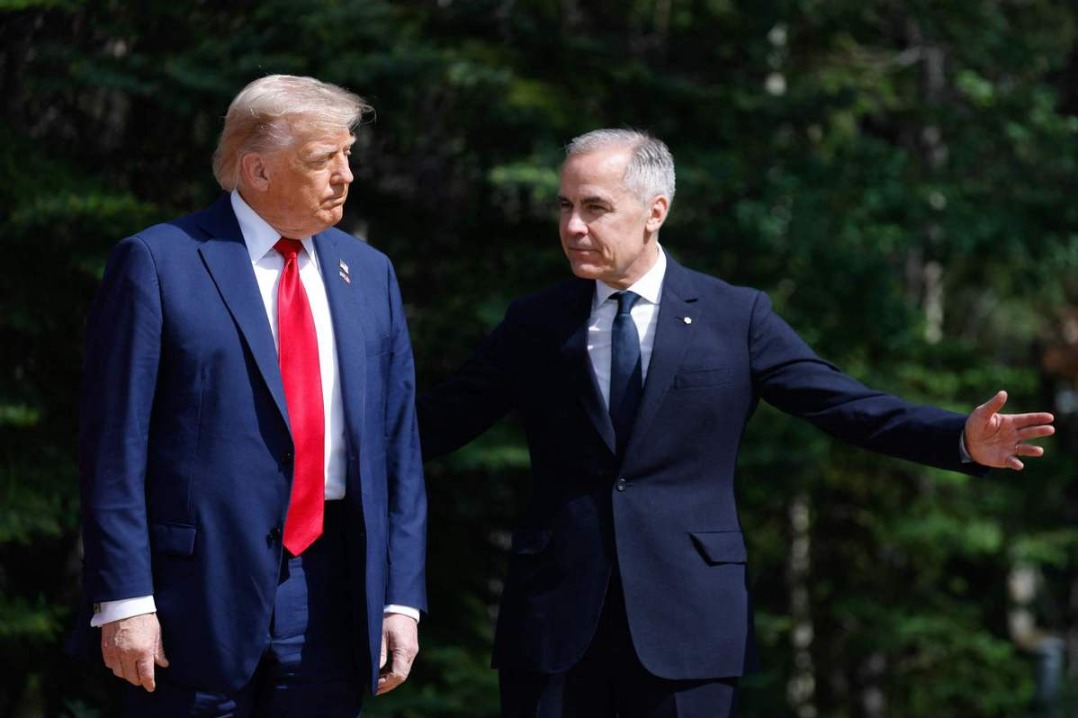Cui's puzzlement: 'Is America still there?'

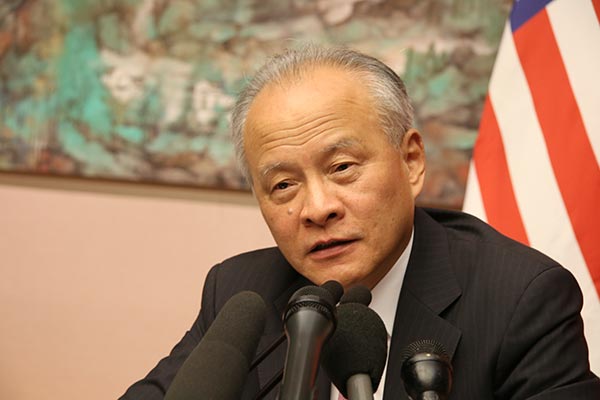
Chinese ambassador to the United States Cui Tiankai is puzzled about a country where he has lived and worked for 11 years.
"Is the America I used to know -- an open, confident, optimistic America -- still there?" he asked in a speech at Harvard University's Fairbank Center for Chinese Studies on April 17.
What perplexes Cui, Beijing's longest-serving ambassador to the US, where he was once a student and UN employee, perhaps also is confounding many others, who are either coming to visit, seeking to study or doing business in the country.
The envoy's puzzlement about an open America is derived from US anti-globalization moves ranging from withdrawing from global pacts like the Paris climate agreement, to its unilateral slapping of steep tariffs on goods from its trade partners, which many deem as the US caring increasingly less about rules-based multilateralism.
Addressing a gathering in Chicago a day after the Harvard speech, Cui said that living in a pretty much globalized world, no country alone can handle all the global opportunities as well as global challenges. Neither can a nation prosper in isolation.
"But now we see policies that attempt to close the door and resort to unilateralism," he said. "And to succeed in today's world, the best choice is to take a win-win approach. But now we see policies that are so strongly influenced by the zero-sum mentality as well as policies that regard other people's success as their losses."
Cui came to the US in 1981 to serve as an interpreter at the UN Secretariat and pursued postgraduate study at Johns Hopkins University in 1986.
He has represented China in the US since 2013, after serving as ambassador to Japan and China's vice-foreign minister, according to information posted at the Chinese embassy's website.
"What I learned in the US has changed my life, my work and my perception of the world to a great extent," he said. "And the influence has been quite positive."
Many in media based in Washington agree that Cui is a no-nonsense diplomat, never skirting questions from reporters, a style that they also applaud in his US counterparts.
Partly because of his experience at Johns Hopkins University, Cui has spoken against allegations recently made by several US politicians, who singled out Chinese students and scholars, as well as the Confucius Institutes that teach Chinese and culture, as a threat to US national security.
More than 350,000 Chinese students studied in the US in the 2016-2017 academic year, according to the latest figure released by Project Atlas, a global research initiative on student mobility.
Cui said the Chinese students come to the US to study its textbooks, learn from its teachers, and get along with local classmates in American schools.
"I wonder as to why some fear the influence of Chinese students in the US while China is not worried that these students may be subject to the impact of the US society," Cui spoke of his puzzle.
"Why some US politicians are so much lacking confidence?"
John Delaney, president of the University of North Florida (UNF) in Jacksonville, had a similar view on the influence of a college campus.
In early February, US Senator Marco Rubio sent an open letter to UNF and several other Florida schools, in which he said Confucius Institutes use the teaching of Chinese language and culture as a tool to expand the political influence of China. Rubio asked them to discontinue ties with the institutes.
Delaney said the Confucius Institute operation at UNF's campus has prompted no complaints, and he so sees no reason to discontinue it, the Florida Times-Union reported on Feb 6.
"The institutes' two Chinese instructors do not teach political science; they teach Chinese languages and without them, the university would offer fewer Chinese language courses.,'' he said, according to the newspaper. "Frankly, I think Jacksonville and America has a bigger influence on them now that they are here."
As proven in history, the mutual understanding and friendship between the two peoples, especially the younger generation, will determine the future of China-US relations.
Let's hope Cui's puzzlement will soon dissipate and others will also not be so puzzled in the future, when they will all see "an open, confident, optimistic America".
Contact the writer at huanxinzhao@chinadailyusa.com
















